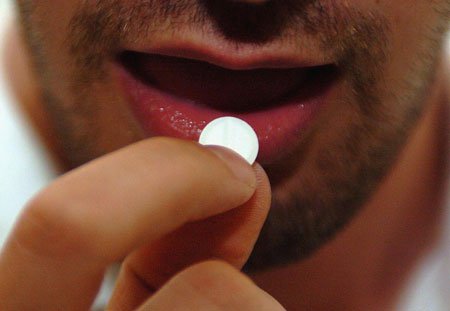LGBT teens are more likely to try harder drugs than straight teens, a new study says
The new study was published in the American Journal of Public Health
By Steve Brown

LGBT teenagers are more likely to try harder drugs than heterosexuals, according to a new study.
Undertaken by the San Diego State University, the study – which was published in the American Journal of Public Health – asked around 15,624 American high school students about their use of 15 substances, including alcohol, drugs and tobacco, as well as asking about their sexual orientation.
The date showed that LGBT+ teens were more likely to have used 14 of the 15 substances including alcohol, cigarettes, cigars, cocaine, ecstasy, vape, hallucinogens, heroin, inhalants, weed, meth, prescription drugs, steroids and synthetic marijuana.
It also found these teens were at a greater risk for using harder drugs with around 6.6 per cent of LGBT+ students were more likely to try heroin compared to the 1.3 per cent of straights.
Hallucinogens had a massive difference with 12.3 per cent of LGBT+ saying they would compared to the 5.5 per cent.
Out of all the drugs asked about, LGBT+ teens were always higher than the heterosexual counterparts.
Ecstasy was around 10.8 per cent compared 4.1 per cent, cocaine at 11 per cent whereas 4.2 per cent of heterosexual students admitte they would try it, meth 8.6 per cent compared to 2.1 per cent, and prescription drugs were up to 26.2 per cent with 15.5 per cent of straight teens saying they would take them.
“There have been some indications that LGBQ teens face increased substance use risks, but our study shows for the first time that the problem goes far beyond alcohol and tobacco, including the hardest most dangerous drugs,” said SDSU School of Public Health associate research professor and study coauthor John W. Ayers.
The team noted these new data should not be used to judge LGBQ teens.
“Our findings highlight the need for accepting LGBQ teens, as stigma may be playing a role in elevating their substance use risk or prevent those from needing help to speak up,” said coauthor Laramie Smith, a LGBQ health researcher at the University of California, San Diego.
